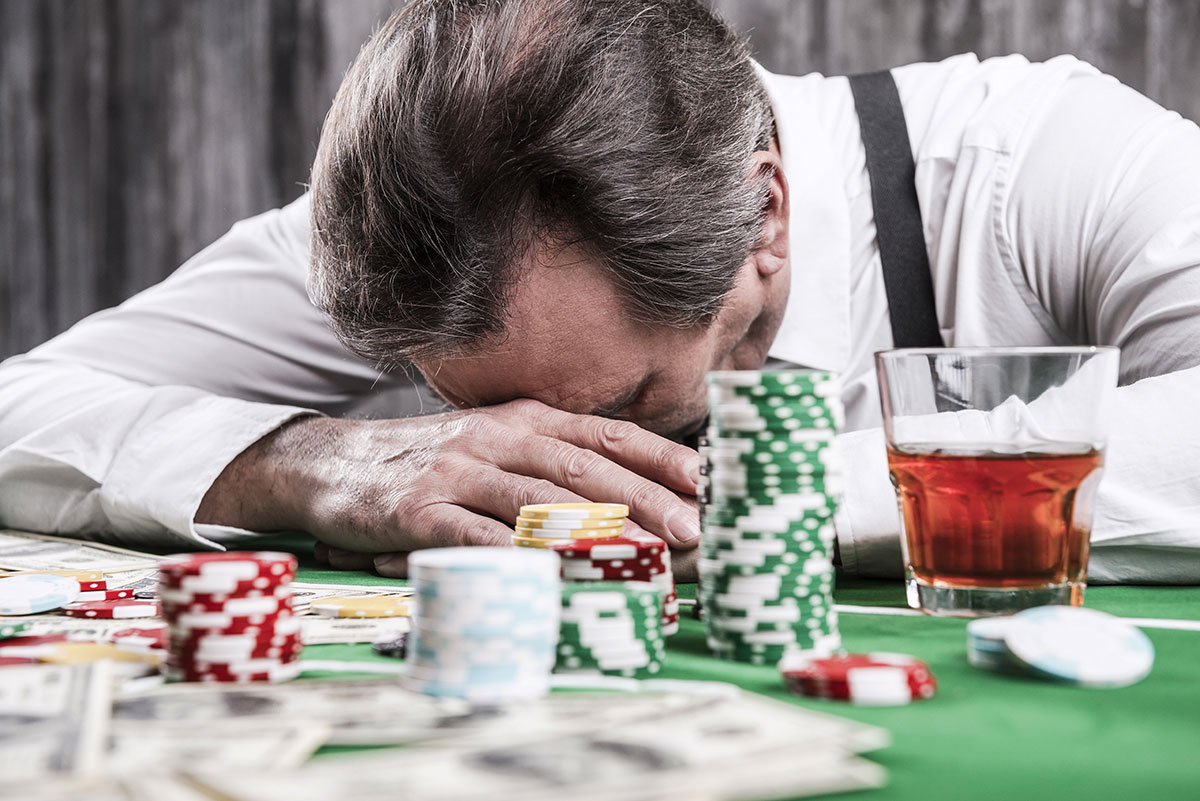Treatment For Gambling Addiction
Unlike drug addiction, which usually requires the use of medication to help
overcome symptoms, treatment for gambling disorders largely involves a change in
behavior. For example, someone with a gambling disorder might be encouraged to
set spending limits or turn over financial responsibility to a spouse or friend. They
might also be advised to avoid high-risk situations, such as casinos and sporting
events, where they might be tempted to gamble online slot game malaysia. Counseling might also be
recommended for underlying psychological issues that might contribute to the
gambling problem.

In some cases, a person may need to give up gambling entirely. This is often the
case when family members are able to convince the gambler that their addiction has
caused serious financial and emotional damage. In other cases, people are
pressured into seeking treatment for their gambling problems by a spouse or
employer. Regardless of the motivation, treating an addiction to gambling is a
complex process. Fortunately, there are many types of therapy and counseling that
can be beneficial for someone struggling with this type of problem.
Cognitive-behavioral therapy for gambling includes self-help interventions, such as
information workbooks that are designed to reduce or eliminate gambling. These are
generally accompanied by planned support from a helpline specialist, clergy, a
community health specialist, therapist, or some other treatment provider. One
study, for instance, randomly assigned a group of pathological gamblers to receive
either an individually tailored cognitive-behavioral treatment with a wait list control
group, a guided self-help intervention accompanied by motivational interviewing, or
a combination of the two. The results indicated that individuals who received the
individual tailored cognitive-behavioral treatment had the best therapeutic success
rates (abstinence or a reduction in gambling to a level below their previous average)
at six months.

Another important aspect of gambling treatment is learning to cope with unpleasant
feelings in healthier ways. Many people who seek treatment for gambling addiction
find that they gamble to relieve boredom, stress, or sadness. A counselor or
therapist can teach a person healthier ways to deal with these emotions, such as
exercising, spending time with friends who don’t gamble, or practicing relaxation
techniques.
Gambling treatment programs are available in both inpatient and outpatient
settings. Inpatient programs typically require the participant to stay at the treatment
center for a period of time, from weeks to months. Outpatient programs are more
flexible and allow the participant to live at home while they attend classes or meet
with a therapist for one-on-one sessions. Some outpatient programs offer a 12-step
program similar to Alcoholics Anonymous, such as Gamblers Anonymous, which is an
option for those who cannot afford more intensive rehabilitation options.
Research has also focused on motivational enhancement strategies, which are brief
therapeutic interventions that lower resistance to change. These strategies can be
used on their own or in conjunction with other treatments and have been shown to
improve outcome. They are based on the theory that, by addressing ambivalence
and resistance to change, clinicians can increase clients’ motivation to change.